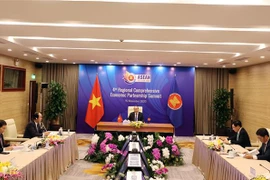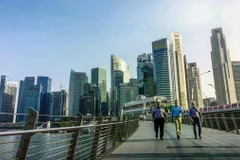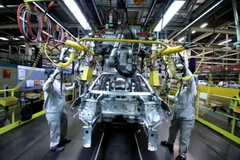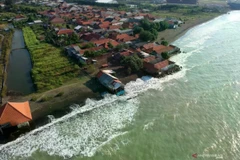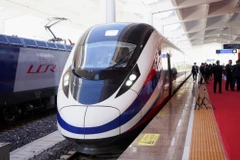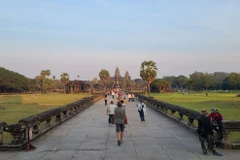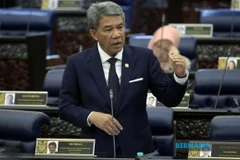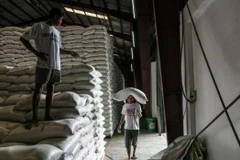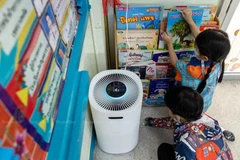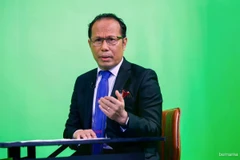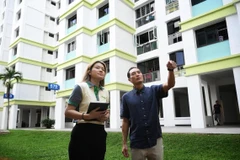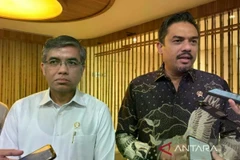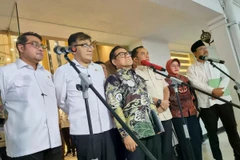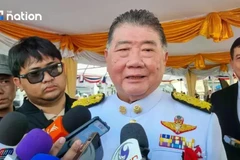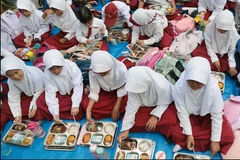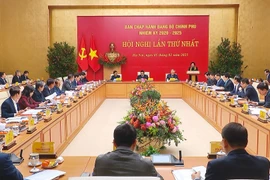 Vietnamese Prime Minister Nguyen Xuan Phuc chairs the 4th Regional Comprehensive Economic Partnership Summit (Source: VNA)
Vietnamese Prime Minister Nguyen Xuan Phuc chairs the 4th Regional Comprehensive Economic Partnership Summit (Source: VNA) Hanoi (VNA) – The 4th RegionalComprehensive Economic Partnership (RCEP) Summit was held virtually onNovember 15.
In his opening remarks, Vietnamese Prime Minister Nguyen Xuan Phuc said the COVID-19 pandemic has adversely impacted globaland regional trade and investment flows, including the countries participatingin the RCEP talks.
He lauded efforts made by relevant sides to address issuesin the negotiations, saying he is delighted as after eight years of workinghard, the sides have completely concluded the negotiations, enabling the signing of theagreement within the framework of the 37th ASEAN Summits and RelatedSummits.
The global and regional economies are facing huge obstaclesand challenges caused by not only COVID-19 but also the decreased global trade,he said.
Therefore, the conclusion of the negotiations of theRCEP, the largest free trade agreement in the world, will send a strong messageof ASEAN’s leading role in supporting the multilateral trade system, helping to create a new trading structure in the region, facilitating trade sustainably,developing the disrupted supply chains and supporting post-pandemic recovery.
Initiated by ASEAN, the deal is between ten memberstates of ASEAN - Brunei, Cambodia, Indonesia, Laos, Malaysia, Myanmar, thePhilippines, Singapore, Thailand, and Vietnam, and the bloc's partners -China, Japan, the Republic of Korea (RoK), Australia and New Zealand.
According to Director of the Vietnamese Ministry of Industry andTrade’s Multilateral Trade Policy Department Luong Hoang Thai with provisions toreduce or remove tariffs on industrial and agricultural products, the RCEP willhelp firms in ASEAN member states boost exports, particularly to major tradepartners.
He suggested Vietnamese companies improve theircompetitive edge by paying due regard to trade policies, renewing technologies,and landing large investments in services.
Vietnamese Minister of Industry and Trade Tran Tuan Anh said thatonce the RCEP takes effect, Vietnamese companies will have more opportunitiesto expand markets, join regional value chains, and attract more foreigninvestment.
Telecommunications, IT, garments and textiles,footwear, and agriculture can take huge advantage of import tariff reductionsunder the agreement, he stressed./.



